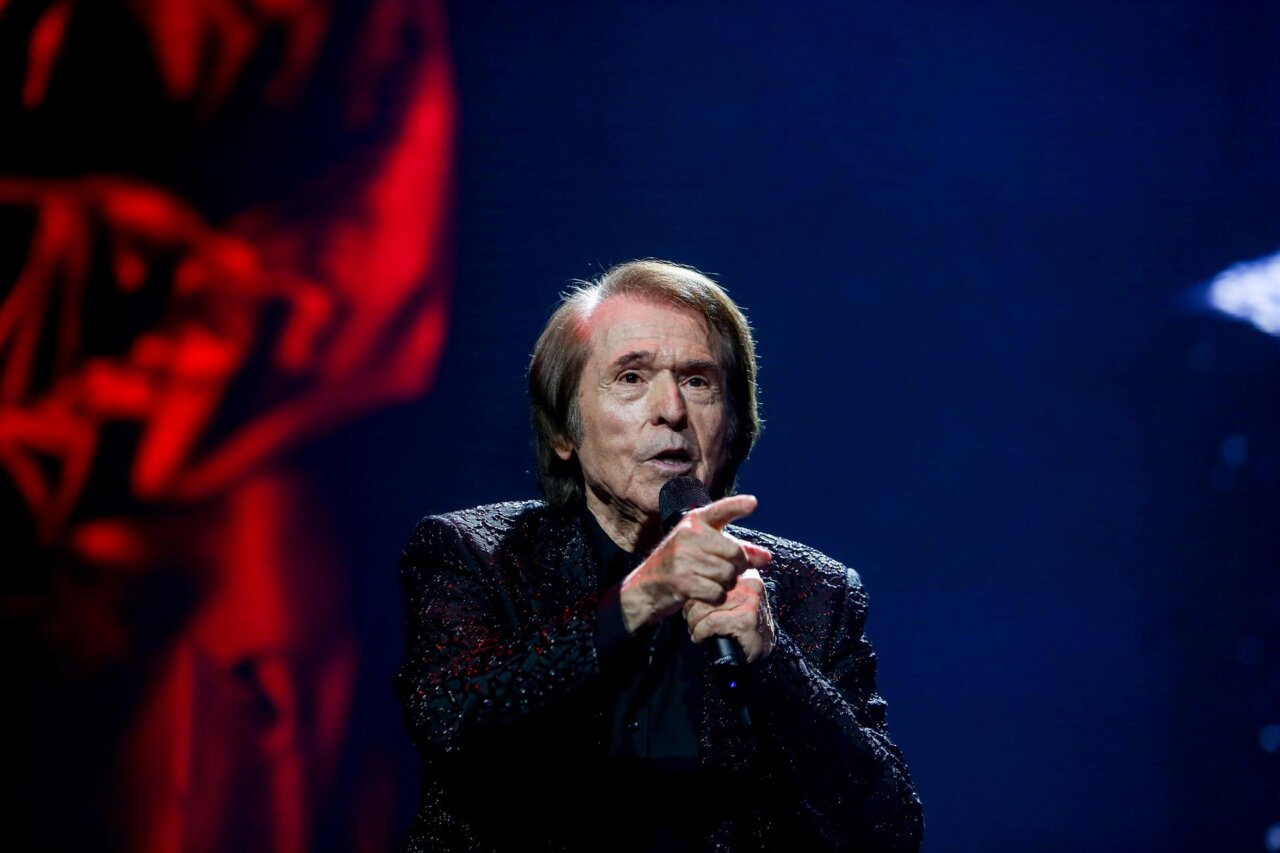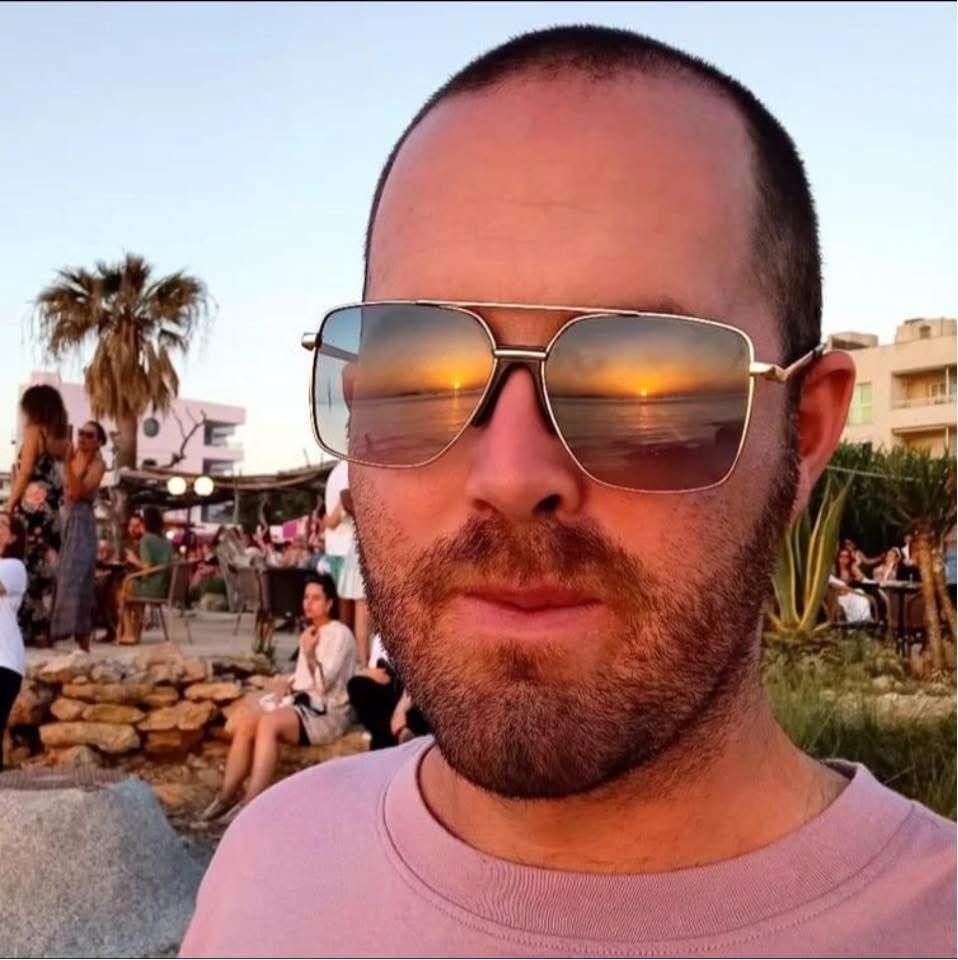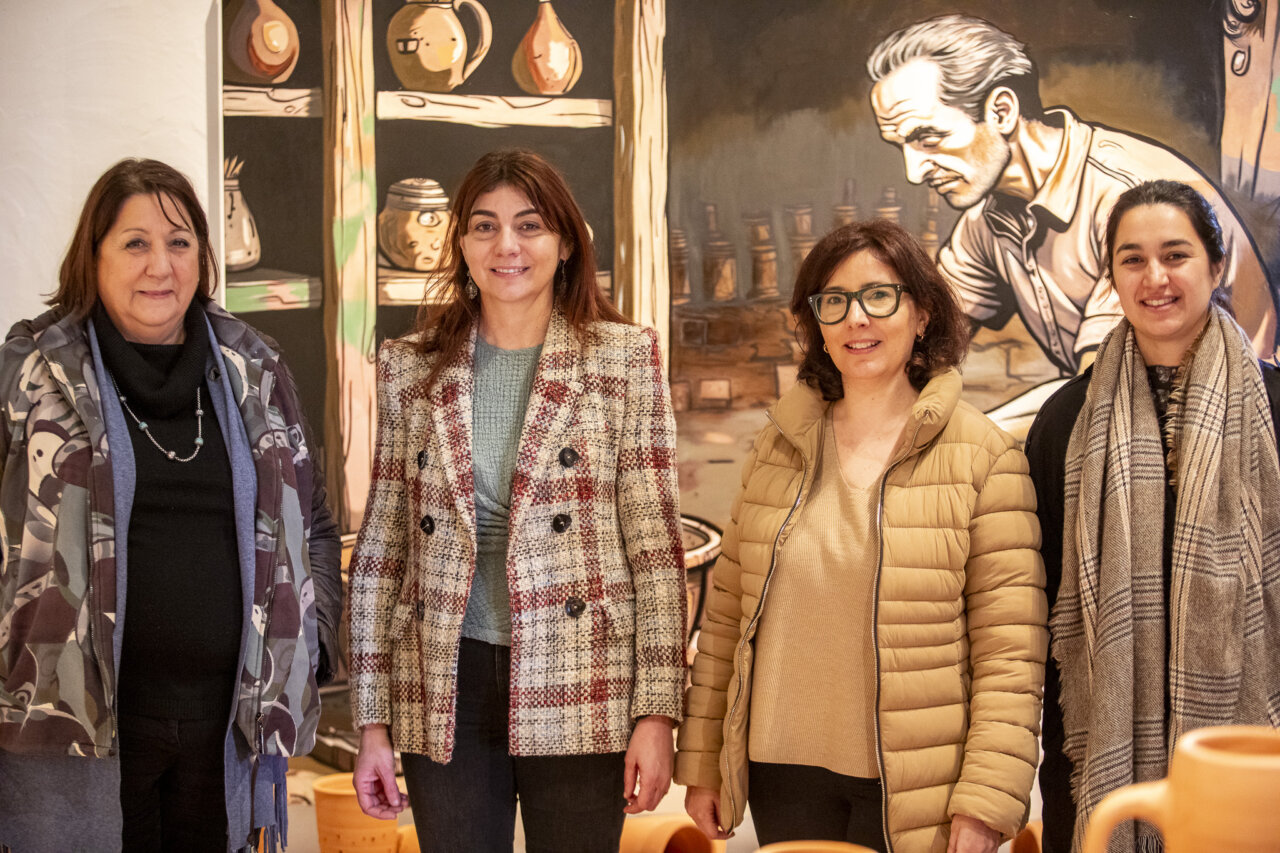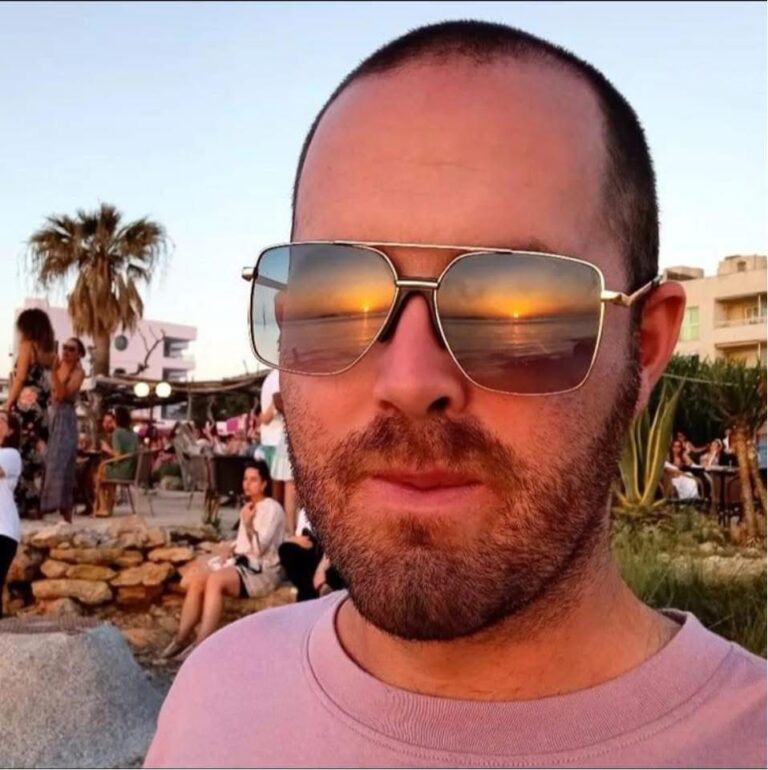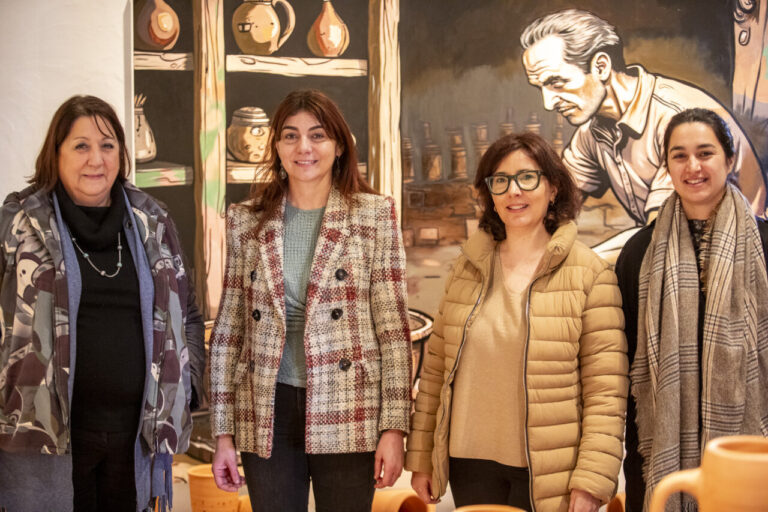The singer Raphael was admitted to the Hospital Clínico de Madrid on Tuesday after suffering a stroke during the recording of the special program The revoltpresented by David Broncano in Televisión Española, at the Teatro Príncipe Gran Vía. According to RTVE sources informed Europa Press, the artist began to feel unwell while recording a Christmas interview for the program. Although he left on his own to take the ambulance, he was immediately transferred to the hospital, where he remains with a reserved prognosis, awaiting evolution.
On-site medical care
Emergency medical staff from Emergencias Madrid went to the Teatro Príncipe Gran Vía, in Tres Cruces street, and confirmed that Raphael was showing symptoms of a cerebrovascular episode. After initial attention, the singer was referred to the hospital for further treatment. This incident has generated concern, as Raphael had concerts scheduled for Friday, December 20 and Saturday, December 21 at the WiZink Center in Madrid, commitments that are now in doubt depending on his recovery.
Messages of support in networks
From the official accounts of The revoltthe team sent a message of encouragement to the singer: “A big kiss, Raphael. We are waiting for you to come back soon”. The incident has unleashed displays of affection from fans and colleagues of the artist, who have filled social networks with messages wishing him a speedy recovery. Raphael, an iconic figure in Spanish music, has a decades-long career and an active schedule that includes performances in large venues. This episode has generated great concern among his fans, who are waiting for positive news about his health condition.
Raphael: A Legend of Spanish Music
Miguel Rafael Martos Sanchez was born on May 5, 1943 in Linares, Jaén. Raphael, also known as El Niño de Linares, is one of the most emblematic artists of Spanish music. His unique style, unmatched energy and powerful voice have made him an international icon, with a career spanning more than six decades.
Beginnings and Discovery
From an early age, Raphael showed an extraordinary talent for music. At the age of nine, he joined his church choir, where he quickly stood out for his prodigious voice. In 1962, he won the award for Best Male Interpreter at the Benidorm International Song Festival, which marked the beginning of his professional career.
The “G” Artist
Raphael is known for being one of the first artists to adopt a theatrical performance style. His way of gesticulating and connecting with the audience earned him the nickname “El Divo de la Canción” (The Divo of Song). His vocal technique, characterized by his ability to project and sustain notes, became his trademark.
Success and Recognition
During the 60’s and 70’s, Raphael achieved international fame with hits such as:
- “I am that one.”
- “Scandal”
- “What does anyone know?”
- “Whatever they say.”
- “My big night”
He represented Spain in the Eurovision Song Contest twice (1966 and 1967), establishing himself as an ambassador of Spanish music. He has recorded in multiple languages, including English, French, Italian and Japanese, achieving a unique global projection.
The Rebirth of an Icon
In the 1980s, Raphael faced health problems related to his liver, which culminated in a liver transplant in 2003. This episode marked a turning point in his life and career, which he refers to as his “second life”. Since then, he has continued his tireless dedication to music, bringing his art to new generations.
Legacy and Current Events
Raphael has sold more than 50 million records worldwide and has won countless awards, including uranium records, a recognition reserved for artists who exceed 50 million copies sold. His life has been the subject of documentaries, books and tributes, making him an iconic figure in Hispanic culture. Today, Raphael continues to be a reference, constantly renewing himself while remaining true to his artistic essence. His international tours, passion-filled concerts and new musical productions prove that he remains, without a doubt, a living music legend.
“Raphael is not just a singer; he is a way of interpreting life through music.”

